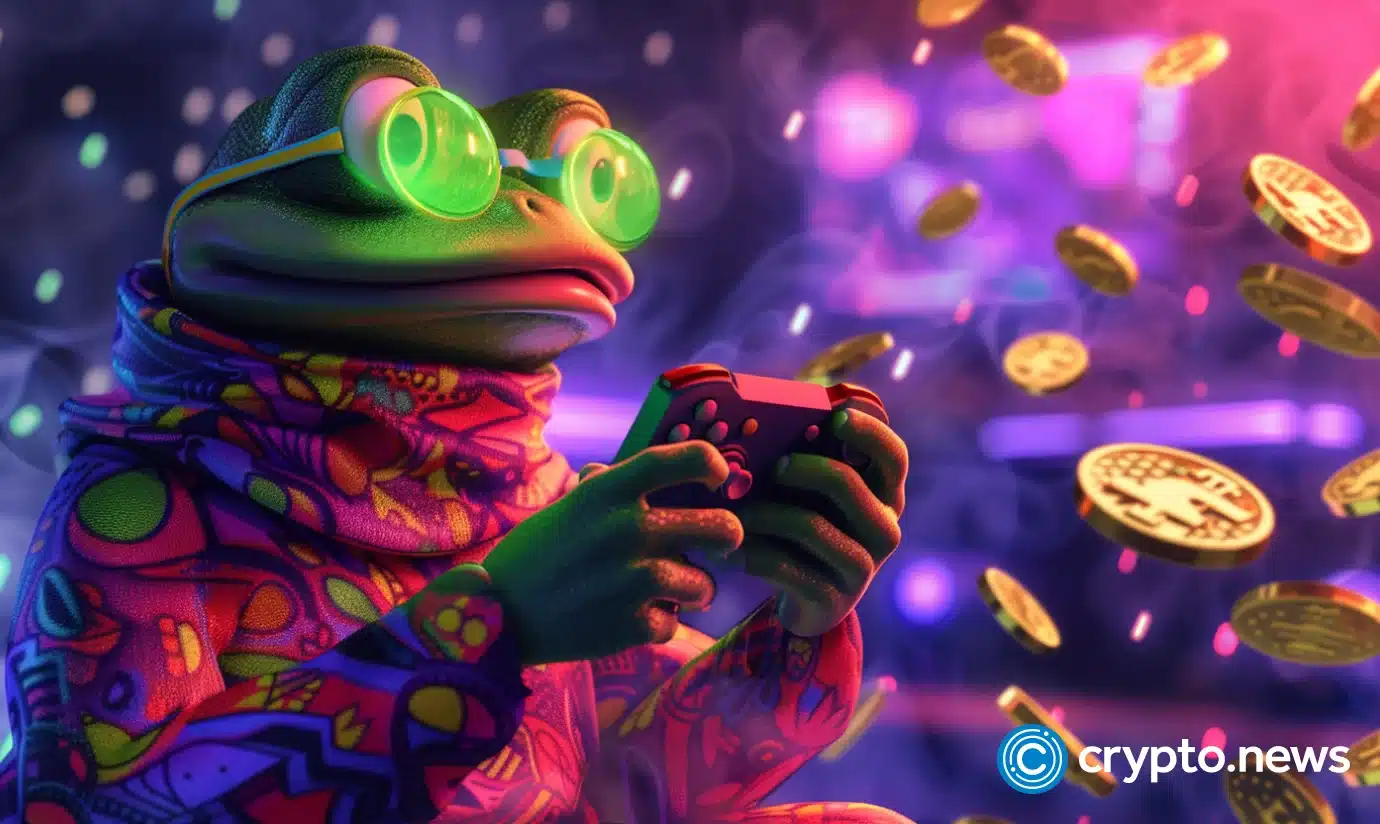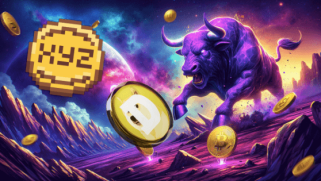
The latest AI chatbot, Grok, has officially launched on platform X, exclusively for its Premium+ members. This introduction marks a new era in artificial intelligence communication, blending wit, sarcasm, and a rebellious nature into its programming.
A new breed of AI interaction
Grok stands out in the world of AI for its unique approach to interaction. Priced at $16 monthly for a subscription, it offers something different from the norm. Unlike its predecessors, Grok is programmed to handle questions with a blend of wit and intelligence, designed to cater to a diverse audience. This approach is a noticeable departure from the typical AI chatbot, often restricted to more conservative and straightforward responses.
The chatbot is tailored to engage with various questions, including those often rejected by other AI systems. Its design considers people from all backgrounds and political views, aiming to provide a balanced and inclusive experience. This aspect of Grok is particularly significant, as it reflects an attempt to move towards a more open and less restricted form of digital communication.
Aligning with Musk’s vision
Grok’s launch has sparked discussions about its alignment with Elon Musk’s vision of free speech. While it showcases a tendency toward Musk’s viewpoints in certain areas, such as preference for Dogecoin and opinions on a hypothetical Musk vs. Zuckerberg scenario, it also shows an unexpected divergence in others. Notably, Grok does not entirely align with Musk’s anti-trans rhetoric or completely adhere to platform X’s content policies regarding hate speech protections.
This divergence is intriguing, as it suggests a level of autonomy in Grok’s programming that allows for a broader range of responses than might be expected from a chatbot associated with a specific individual or platform. It raises questions about the extent to which AI can and should reflect the views of its creators and how it can navigate complex social and political landscapes.
Unique features and community reception
One of the most talked-about features of Grok is its “Roast me” prompt, which has already gained popularity for its humorous and sharp responses. This feature and Grok’s affinity for sarcasm and rebellious answers have garnered a positive response from early users. However, it’s not without its controversies, as evidenced by its response to Rep. Thomas Massie’s 2021 Christmas card, which has sparked discussions about the boundaries of AI-generated humor and commentary.
Interestingly, Grok was not developed using OpenAI code despite its training data containing outputs from ChatGPT. This distinction highlights the diverse origins of AI technologies and the different approaches to AI development emerging in the tech industry.
In conclusion, Grok represents a significant step forward in the evolution of AI chatbots. Its unique blend of wit, sarcasm, and rebelliousness, combined with its ability to engage with a wide range of questions and topics, sets it apart from its predecessors. As it continues to interact with users, it will undoubtedly contribute to ongoing conversations about the role of AI in society, the boundaries of digital communication, and the relationship between AI and its creators’ viewpoints. Grok’s emergence is a clear indicator of the dynamic and ever-evolving nature of the digital world.


 DogeHome
DogeHome Cryptopolitan_News
Cryptopolitan_News Coin Edition
Coin Edition BlockchainReporter
BlockchainReporter crypto.news
crypto.news Crypto Daily™
Crypto Daily™ BlockchainReporter
BlockchainReporter Optimisus
Optimisus






















